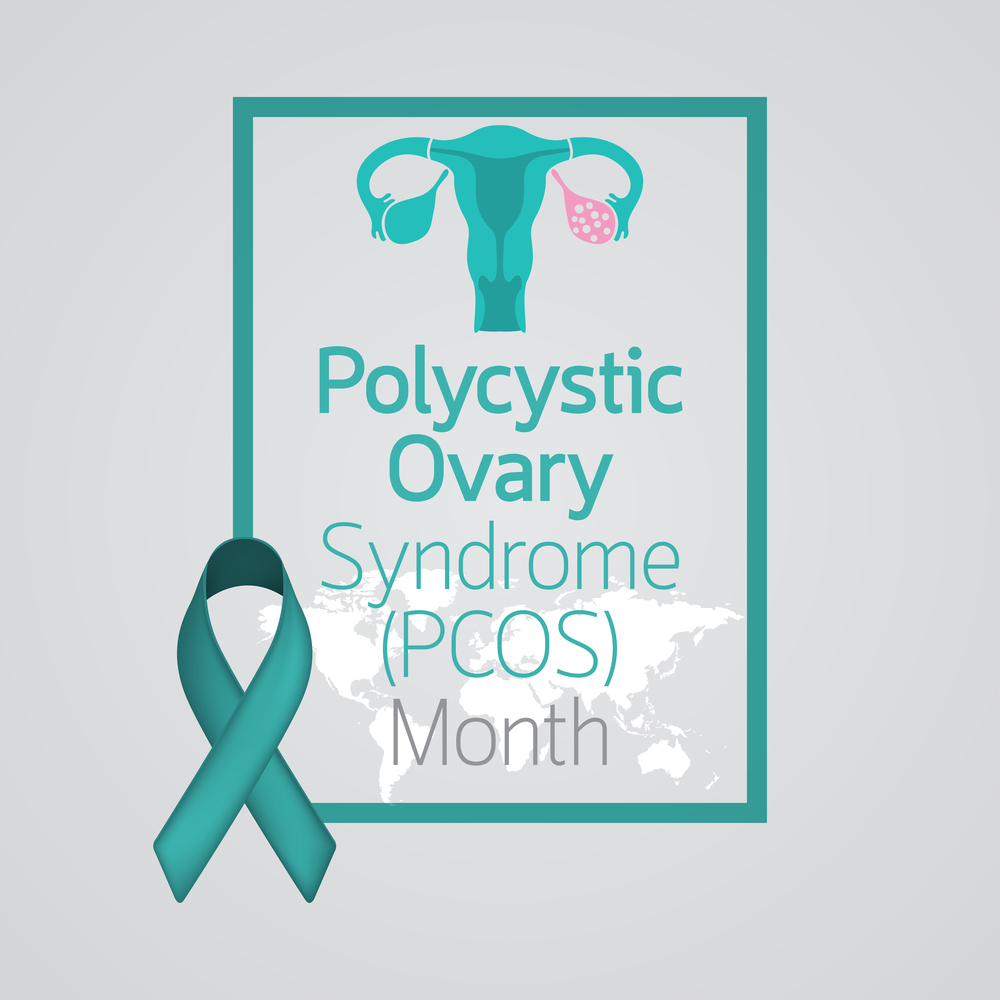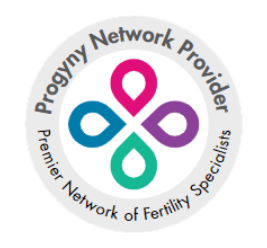September is PCOS (polycystic ovarian syndrome) awareness month, and it is an important one for those of us in the medical field who specialize in infertility diagnosis and treatment. In the past, PCOS was very rarely recognized and largely misunderstood. Now, we have official PCOS guidelines so that we can accurately diagnose women with PCOS and more information is uncovered each day about the factors that contribute to PCOS, what exacerbates it and how we can help patients lead healthier lives – both for themselves and their future families.
The more we can bring information about PCOS to light, the more quickly and accurately we can diagnose women who have PCOS so they can make the diet and lifestyle changes necessary to prevent its progressive effects, and to begin talking about future fertility health.
For more specific information about PCOS awareness or to get involved in spreading the word, visit pcosaa.org.
PCOS is a Common Cause of Female Infertility
Hormone imbalance, particularly the ovaries’ tendency to overproduce androgens (male hormones) in women with PCOS, is the foundational cause of both the physical and reproductive side effects exhibited by women with the condition. Most women with PCOS experience irregular ovulation, or they never ovulate at all, which makes it one of the leading causes of infertility for women in the United States.
We aren’t sure exactly what causes PCOS, but we do know it is partially linked to genetics, since women with it tend to have sisters or other female relatives who also have it. Diet and lifestyle can exacerbate the condition because of their effect on weight and increased insulin resistance.
Symptoms of PCOS include:
- Irregular ovulation, typically indicated by skipped or completely absent periods
- Multiple cysts on the ovaries, often resembling a “string of pearls”
- Hair on face, chest and back
- Male pattern hair thinning/baldness
- Excess weight, especially around the middle
- Abnormal cravings for sugar and carb-based foods, a result of erratic blood sugar levels
- Dark patches of skin on neck, arms, breasts, thighs
- Skin tags on armpits, neck
- Pelvic pain
- Depression or anxiety
- Sleep apnea
- Acne, oily skin or dandruff
If one or more of these symptoms are familiar to you, contact your OB/GYN to discuss whether or not PCOS may be the cause.
Regardless of whether or not you want to get pregnant, it is important to control the symptoms as much as possible. Because obesity and eventual insulin resistance is so common, women with PCOS are at higher risk for several other medical conditions, including:
- Diabetes or insulin intolerance on or before age 40 (more than 50%)
- Heart attack (4 to 7-times more common than in women without PCOS)
- Higher levels of bad cholesterol and lower levels of good cholesterol
- Sleep apnea, often related to excessive weight gain
Treatments for PCOS include:
Making Healthy Diet and Lifestyle Changes
One of the best gifts women with polycystic ovarian syndrome can give to themselves is a good quality carbohydrate/lean protein diet. Many women with PCOS find they are able to lose weight and stabilize blood sugar levels naturally, which gives the pancreas a break. Once these pieces are in place, they have more energy to support a regular exercise program, which continues the positive health cycle.
In addition increasing Omega-3 intake, eating more frequent, small meals and paying attention to foods and ingredients that counteract the inflammatory response is helpful.
Birth Control Pills
Prescription birth control meds can help women with PCOS get back to a regular menstrual cycle, which may with pelvic pain and normal reproductive function. It may also improve fertility later on. Birth control pills have the added benefit of lowering testosterone levels and it also helps to control acne.
Taking Prescription Metformin
While metformin is not approved by the FDA to treat PCOS, it is used to treat pre-type 2 and uncomplicated type 2 diabetes. Metformin works to regulate blood sugar levels and has also been shown to lower testosterone levels. Both of these actions help women with PCOS to cut sugar cravings, lose weight, and begin ovulating more regularly.
Metformin also seems to increase pregnancy rates when used with Clomid as a fertility treatment if either medication doesn’t do the trick on its own.
Later on, you may find fertility medications and/or fertility treatments will be required to have a baby if your body doesn’t ovulate in response to other treatments.
Do you suspect you have PCOS? Do you know someone who does? Use this month to spread the word. The more women we can reach – the more healthy women we’ll have to love and celebrate.





